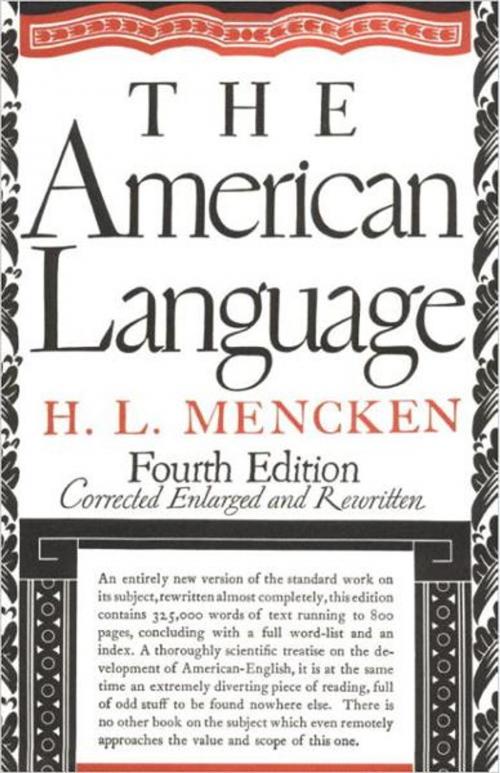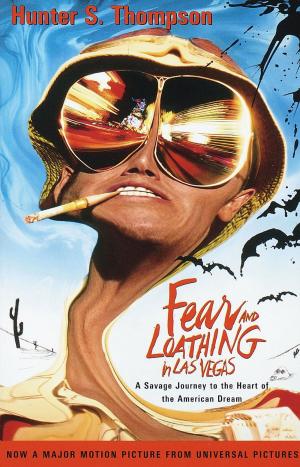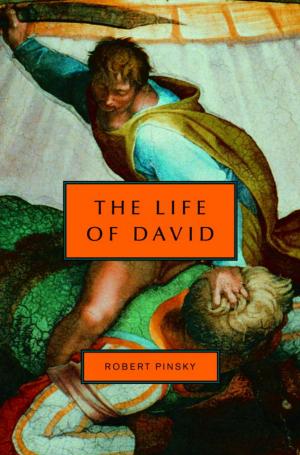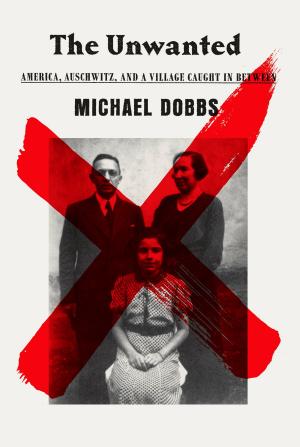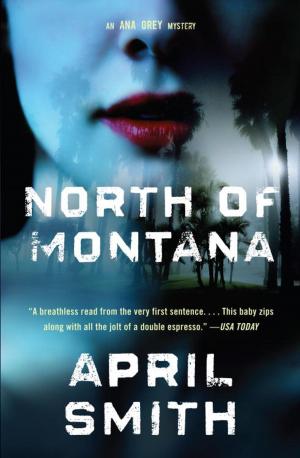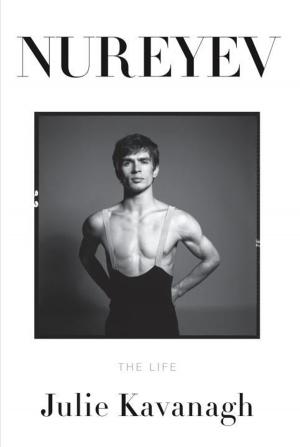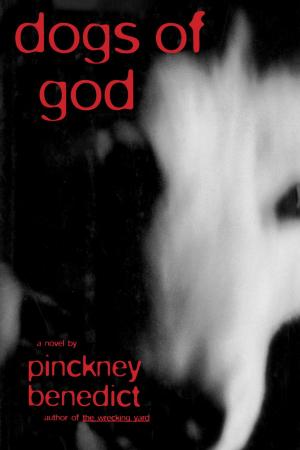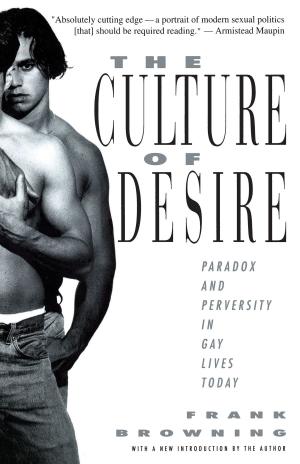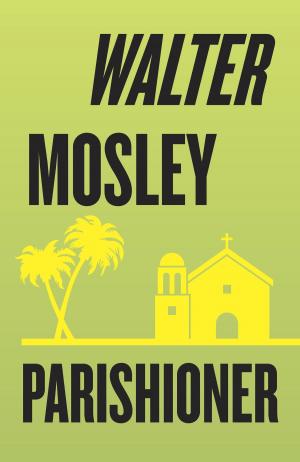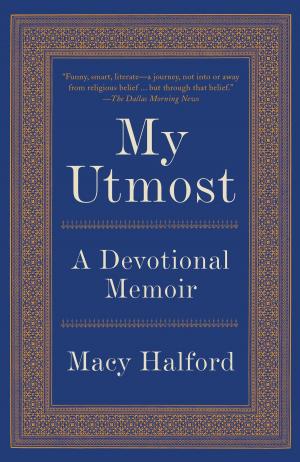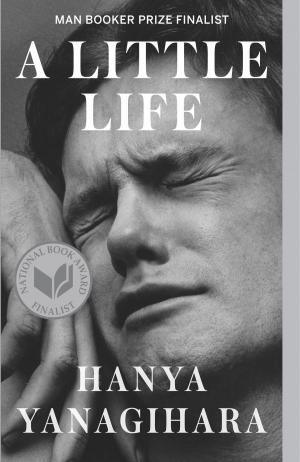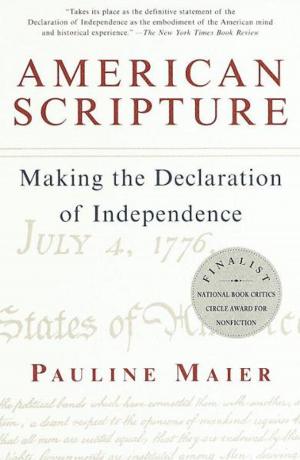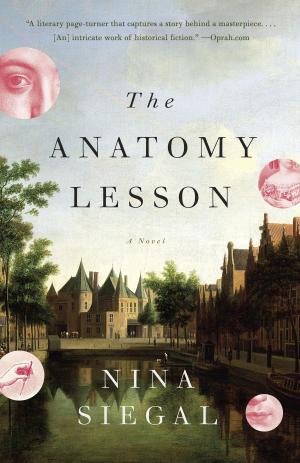American Language
Nonfiction, Reference & Language, Dictionaries, Language Arts, Grammar, Linguistics| Author: | H.L. Mencken | ISBN: | 9780307808790 |
| Publisher: | Knopf Doubleday Publishing Group | Publication: | January 4, 2012 |
| Imprint: | Knopf | Language: | English |
| Author: | H.L. Mencken |
| ISBN: | 9780307808790 |
| Publisher: | Knopf Doubleday Publishing Group |
| Publication: | January 4, 2012 |
| Imprint: | Knopf |
| Language: | English |
The American Language, first published in 1919, is H. L. Mencken's book about the English language as spoken in the United States.
Mencken was inspired by "the argot of the colored waiters" in Washington, as well as one of his favorite authors, Mark Twain, and his experiences on the streets of Baltimore. In 1902, Mencken remarked on the "queer words which go into the making of 'United States.'" The book was preceded by several columns in The Evening Sun. Mencken eventually asked "Why doesn't some painstaking pundit attempt a grammar of the American language... English, that is, as spoken by the great masses of the plain people of this fair land?" It would appear that he answered his own question.
In the tradition of Noah Webster, who wrote the first American dictionary, Mencken wanted to defend "Americanisms" against a steady stream of English critics, who usually isolated Americanisms as borderline barbarous perversions of the mother tongue. Mencken assaulted the prescriptive grammar of these critics and American "schoolmarms", arguing, like Samuel Johnson in the preface to his dictionary, that language evolves independently of textbooks.
The book discusses the beginnings of "American" variations from "English", the spread of these variations, American names and slang over the course of its 374 pages. According to Mencken, American English was more colorful, vivid, and creative than its British counterpart.
The American Language, first published in 1919, is H. L. Mencken's book about the English language as spoken in the United States.
Mencken was inspired by "the argot of the colored waiters" in Washington, as well as one of his favorite authors, Mark Twain, and his experiences on the streets of Baltimore. In 1902, Mencken remarked on the "queer words which go into the making of 'United States.'" The book was preceded by several columns in The Evening Sun. Mencken eventually asked "Why doesn't some painstaking pundit attempt a grammar of the American language... English, that is, as spoken by the great masses of the plain people of this fair land?" It would appear that he answered his own question.
In the tradition of Noah Webster, who wrote the first American dictionary, Mencken wanted to defend "Americanisms" against a steady stream of English critics, who usually isolated Americanisms as borderline barbarous perversions of the mother tongue. Mencken assaulted the prescriptive grammar of these critics and American "schoolmarms", arguing, like Samuel Johnson in the preface to his dictionary, that language evolves independently of textbooks.
The book discusses the beginnings of "American" variations from "English", the spread of these variations, American names and slang over the course of its 374 pages. According to Mencken, American English was more colorful, vivid, and creative than its British counterpart.
